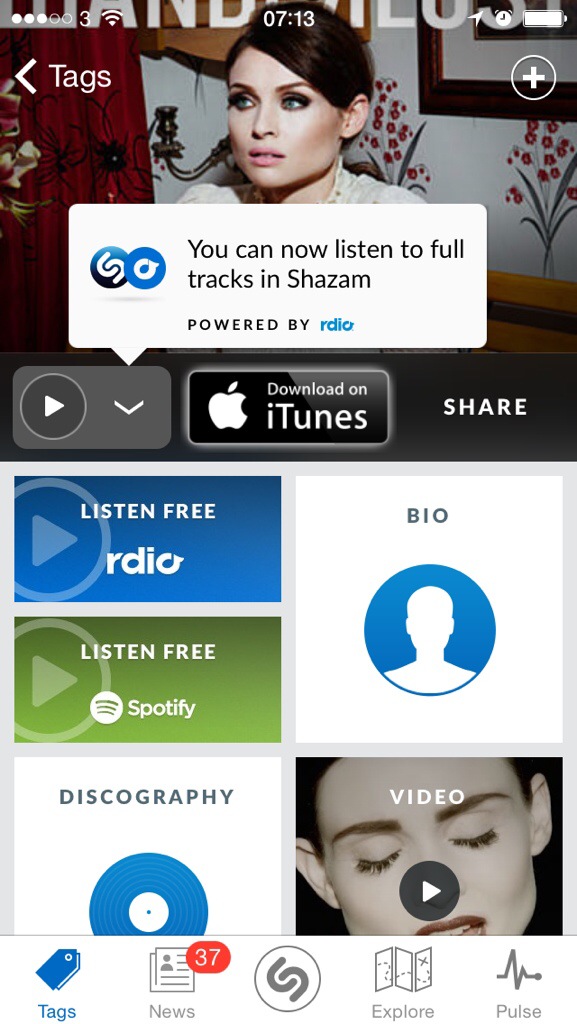I do use music while I’m writing. If I’m doing something that needs pace and energy, I’ll play something loud and strong. If I just need to cut out the rest of the world, I used to often tell iTunes to give me an hour’s music and I’d just write until it stopped.
Not true.
I used to intend to do that but when the music would stop I regularly carried on because I didn’t notice.
One or twice I’ve sat with headphones on and nothing playing, again occasionally because I’ve forgot but sometimes to just cut out some sound, cut out some people.
Now I’ve got a newfound addiction to Apple Music and its 30 million tracks – just a moment ago, I called out to my iphone “Hey, Siri, play Eighties pop music” and that’s exactly what it’s doing.
What I have never done and can’t imagine ever doing is compiling a list of music to suit certain writing moods. But this is the age of the internet, if it can be imagined, it’s been imagined and it’s right here:
Within that little writerly brain of yours in incredible potential. So many ideas, so many intricate plots and mind-boggling character arcs. You’re amazing, really. Oh, consider the possibilities if you had the proper music selection to listen to for each and every scene?
Welcome to SoundFuel, the only writing music directory you’ll ever need!
Music is like a drug – a very powerful one. It stimulates our brains, pricks at our hearts and ignites in us a soaring range of emotions. Music is the fuel that every wordsmith needs to craft excellent works of literature. Whatever the mood, genre or theme you may be looking for, you’ll find scores of epic soundtracks to fuel your creativity and enhance your writing experience!
They’re right that this is a directory rather than a list: my calling it a list is like taking the old Yellow Pages phone books and calling them a leaflet. There is a lot of music here. A lot. In the time it will take you to just read the directory you could’ve actually written something.
But who wants to do that?
Read the full piece. And thanks to Alex Townley who found and shared with the same combination of who-would-do-this and secretly oooh-might-be-handy attitude that I’ve now got.
